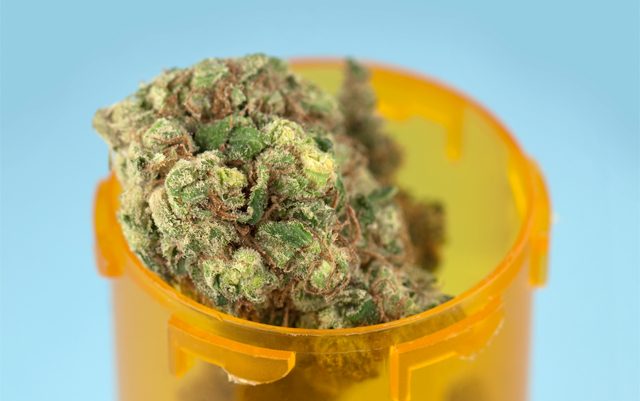With more and more states legalizing cannabis, many run into the issue of how to handle employment drug testing. Overall, many areas – especially those where cannabis is legal for adult-use – have decided to leave the plant off of their drug screens, or at least ensure a positive test for marijuana doesn’t adversely affect employees. Since Florida legalized medical marijuana in 2016, the number of people using medical marijuana has significantly increased – meaning many people in the workforce are medical marijuana users.
A few lawmakers in the state have decided that it is time to make it clear where marijuana should and shouldn’t be allowed to negatively impact patients in pre-employment or post-employment drug screening. Senator Lori Berman filed HB 595 in the state senate while Representative Tina Polsky filed SB 962 – both of which aim to protect workers from losing their jobs, or being denied jobs, over legal medical marijuana use.
“We must do our part to ensure that their use of safe and effective medicine will not impede their right to work,” Berman stated in a press release regarding the Medical Marijuana Employee Protection Act.
Both pieces of legislation would require employers provide a written notice within five days of a positive test result for THC, providing applicants or employees a chance to explain their results. In most cases, if the individual is licensed to use medical marijuana there will be no further action taken. There would be an exception, allowing employers to continue a “zero-tolerance” policy for “safety-sensitive” positions.
Safety-sensitive is defined as “tasks or duties of a job which the employer reasonably believes could affect the safety and health of the employee performing the tasks for duties.”
“We think these bills are a vital and great first step, we do think there is going to have to be a fair amount of robust discussion about how to fully flesh it out and hope that the Republican leadership in both chambers will realize the importance of these bills and give them a priority.”
It’s good to see lawmakers in Florida working to protect medical marijuana patients, rather than fight against them as they did throughout the implementation of Amendment 2. The hope is that these bills will be passed quickly and legislators will provide a clear set of guidelines for when and where medical marijuana patients are able to test positive for THC without it negatively impacting their employment.






